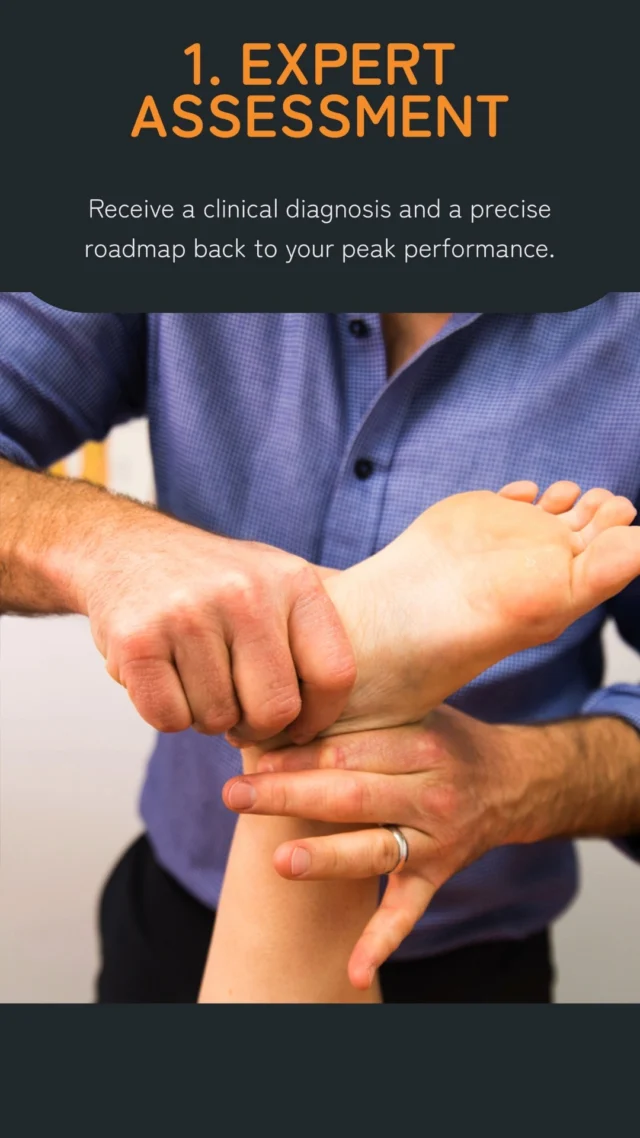Whether you are tackling a 10km, half or full marathon this season there are a few key things to consider and keep in mind.
- Structured Training Plan: It is important to have a structured training plan. This can incorporate different types of runs, such as long runs, tempo runs, interval session and recovery runs. It’s a good idea to space these accordingly throughout your week to allow for rest and recovery, and to fit around other aspects of your life like work and play. It’s important to have this balance. This prevents overtraining and will allow your body to adapt to the increasing demands of running.
- Cross-Training and Strength Training: It is important to not solely focus on running. Cross training helps to prevent those pesky overuse injuries and provides some variety to your training block too. In addition to this, including strength training to build muscle strength and stability, especially in the core, hips, knees and ankles can help improve your runs to support your joints, promote positive movement patterns and improve your running efficiency. Pilates can be a great way to have an active recovery session whilst targeting some of those key running areas.
- Listen to Your Body and be Proactive: don’t ignore any signs of pain, discomfort, or fatigue during your training. This doesn’t always mean injury but may be a sign that some rest and easy days are in order. Consulting your physiotherapist can also help to answer any questions you may have about your aches and niggles. As insignificant as these may seem we’ll thank you for being proactive with your training! Getting on top of these concerns can help you get back to hitting the pavement sooner and achieving those running goals.
Keeping some of these considerations in mind will keep you on your feet for longer and achieving those running goals along the way!






